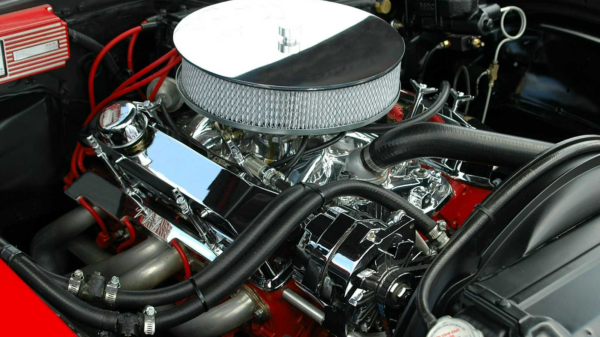There comes a time in every person’s life when they are confused about investments. It is obvious that we desire to gain higher returns from the investments and the source of investment has to be secured. While investing, people are afraid of losses, frauds and getting cheated. Hence, they look for investments that provide security and guaranteed returns.
While speaking of secured investments, the first thing that comes to our mind is Fixed Deposits. Fixed Deposits are the most popular form of investments in India, and people mostly recommend FDs as secured investments for better returns. People have developed a perception that FDs are the only secure form of investment, which indeed is true. However, it is important to know that there are other options you can choose which might not be as attractive as Fixed Deposits but can provide better returns.
If you are looking for a better option in comparison to Fixed Deposits, you need to take a look at debt funds. You need to have information about both before investing in any of them, as they share the same ground of annual returns. There are differences between them which should be considered while investing.
What is Debt Funds?
Before taking a big leap, you should know the depths, similarly, before investing in debt funds it is important that you have all the necessary information about it. Debt funds are mutual funds, and mutual funds are of two types: Equity Funds and Debt Funds. Equity funds are related to stocks and shares of a company, while debt funds are related to government bonds, fixed assets and company debentures, wherein you can invest for a short term, medium term and long term.
The Difference Between Debt Funds and Fixed Deposits:
- Investment Security: When you apply for fixed deposits, it is obvious that some people who have a higher amount of investment invest in FDs. It is important to know that FDs have secured up to INR 1 lakh by the Deposit Insurance and Credit Guarantee Corporation (DICGC) in case if a financial institution fails and is about to close. Which means any amount above INR 1 lakh is insecure in terms of company closure.
Debt funds do not provide similar security, however, their security is determined by policies of the company you are planning to invest in.
- Return on investment: The prime concern of a person while investing is that he chooses to invest in options which provide better returns. You can get guaranteed returns on Fixed Deposits irrespective of the changes in the market rate you can find the better rate of interest on FD from Bank and NBFCs. On the contrary, debt returns do not provide guaranteed returns. The returns for debt funds depend on the prices of the securities, investment management of the fund manager and interest income earned from the securities.
- Liquidity: You can withdraw your funds anytime in debt funds without paying any charges, whereas, the lenders may charge you surrender charges or penalties for premature withdrawal of FDs.
- Investment Charges: The lenders do not charge any account opening charges when you open a fixed deposit account, whereas, you have to pay various charges when you invest in debt funds. You will have to pay charges such as management fee, marketing and selling charges which also include agent commission, brokerage charges etc.
If you are looking for an investment with stable returns and fewer charges fixed deposits can be a better option for you. If you choose to invest for higher returns and are ready to pay the necessary charges incurred, debt funds can be a better option. You need to have a sound knowledge of the market to invest in debt funds.









































































You must be logged in to post a comment Login